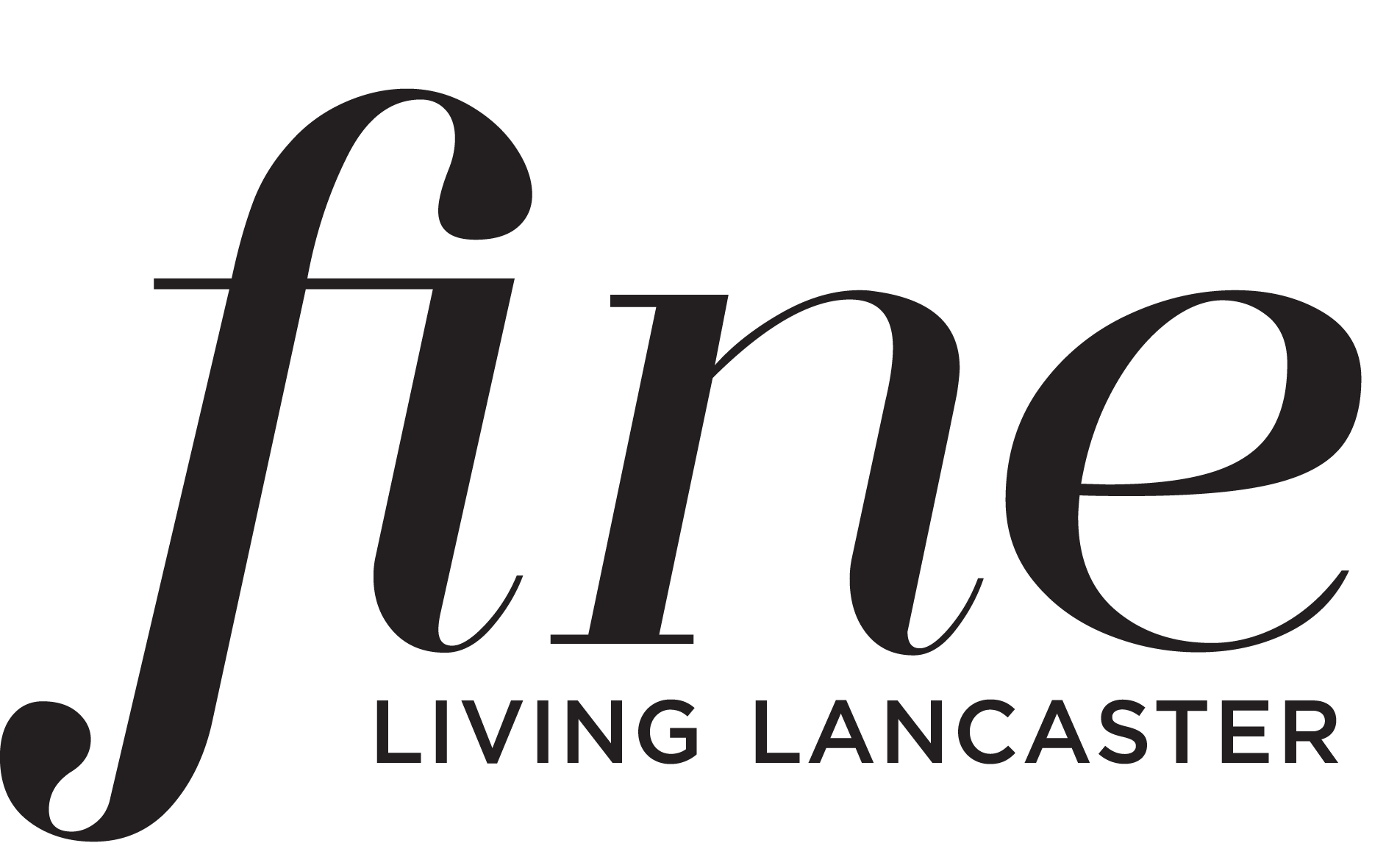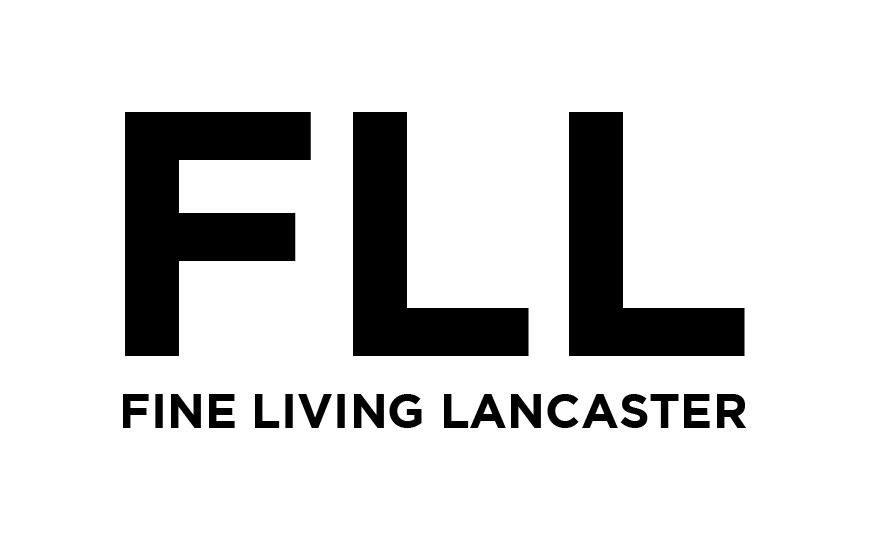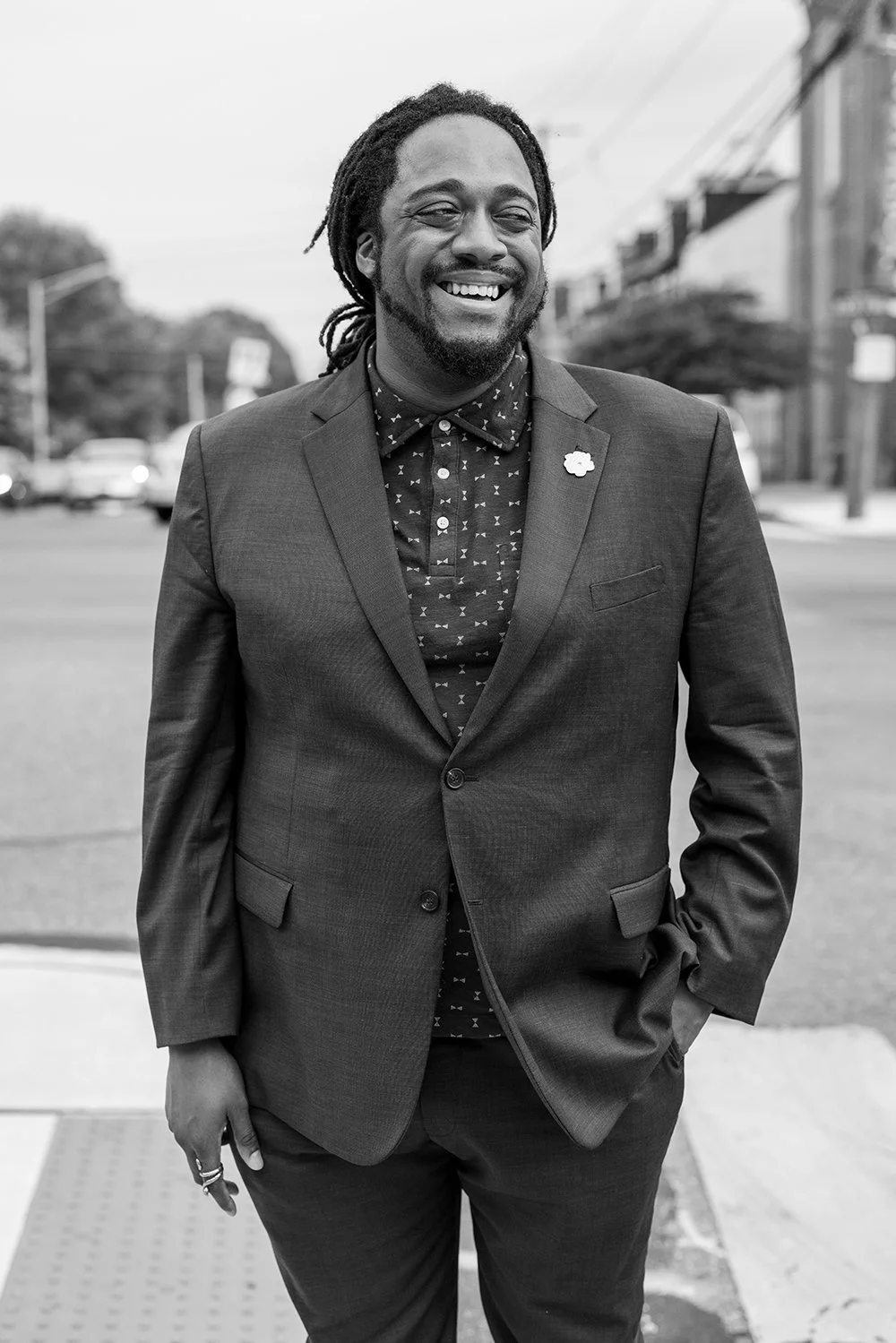How to get really good with money this year
One myth that holds people back from financial freedom more than anything else is the idea that more money makes you good with money. This is easy to believe, but wholly untrue. The reality is that some people who make great money are still severely in debt, and living outside their means. If you make $500,000 each year but spend $501,000, you’re still broke.
The truth is that getting good with money is a matter of principle, and principles carry you through your life no matter what. When you learn to handle and organize your money well when you have a little, you become a master of it when you have a lot. Yes, more gives you more opportunity, and surely makes it easier to get basic bills paid. But understanding money principles help you to not only capitalize on what you have, but guide you toward a place where you feel as though your money is really working for you.
Here’s your full guide to getting really good with money this year.
Know your fixed expenses.
Don’t know what’s going out each month? That’s the first problem. Get a spreadsheet and sort through your last few months of bank statements. Highlight recurring bills, and write them down. If you are married, try a Google doc. that you can share with your partner. Remember to account for quarterly and annual payments as well.
Know your debts.
Hovering just above your month-to-month expenses is the next thing that impacts your financial life most significantly, which is your debt. A lot of people don’t even know how much they have, or who they owe. When you have debt, you need a clear financial strategy, and the first step is transparency. Get another spreadsheet, and write down precisely what you owe, in order of least to greatest. This might feel really scary at first, but don’t worry. Most people have some kind of debt, and those who have student loans tend to have a lot. This is not a moral failing on your part, but you are never going to be able to get a handle of it if you don’t even know what you owe.
Differentiate fixed and variable income.
If you have a full-time job with a single salary, this is pretty easy. Just figure out what you’re bringing home each month after taxes are taken out. If you have multiple streams of income, determine what’s fixed and variable. Often, people do this with their bills as well (fixed would be the mortgage, variable would be eating out). However, your variable income should not be what you are relying on to ensure those fixed expenses are paid each month. If the nature of your work ebbs and flows by nature, you are going to want to prioritize a stealthy savings account before anything else, to ensure you can cover yourself.
Determine your financial values.
Before you start your budget, you need to figure out what you really care about. A budget needs to work for you, and to do that, it needs to be able to fund what you most value. Do you care a lot about going out with your friends, but little about having a lot of clothing? Your budget should reflect that.
Make a generous budget.
Most people assume that making a budget means putting themselves on a financial diet of sorts, where they set aside too little money for basic things. Your budget should be generous, and reflect what you actually need, not the number you want to see. At the bare minimum, you should have a budget of your fixed expenses available, so you know precisely how much money you must have in your account each month.
Get a “peace of mind” savings account.
Before you do anything else, you need to make sure you have some extra money put aside for emergencies. Many financial experts say that beginning with a base of $1,000 is sufficient, but that your goal should be 3-6 months of living expenses put away in an account that is not touched for anything but that. So no, you don’t use those funds to pay for a vacation. They are for worst-case-scenario only.
Devise a debt-repayment plan.
The easiest way to change your financial landscape is to minimize your bills and to increase your income. We can start with the former by paying off debts, which reduce your monthly dues. Start with the smallest and then work your way up. This will give you momentum. If you don’t have a lot of extra cash to put toward this, consider a side gig. In the meantime, make whatever payments you can toward the debts — yes, even $20, or $50! — because the real challenge here is putting you in the mindset where all extra cash needs to be going toward paying this down. Compounding interest does not always work in your favor.
Make lifestyle changes
Evaluate how you live, and decide if it’s really working for you or not. If you live in a city and neither you or your partner have a commute, maybe you don’t need two cars. Perhaps you’ve been slacking on developing your cooking skills and spending far too much money eating out each month. Whatever it is, be honest with yourself. Sometimes, the shifts are small, other times, they are radical. It depends on where you’re at.
Start thinking long-term.
In the same way that compounding interest works against you for debt, it works in your favor for retirement. Look into the different accounts available to you. If you quality for a ROTH IRA (there are income limits) invest in that. If you are self-employed, consider a SEP IRA, which allows you to contribute up to 20 percent of your income, as opposed to being capped by a certain number. Whatever you do, open an account and then automate your payments. Every little bit counts, and when you have extra cash, it’s a great place to put it.
Increase your income.
Asking for a raise isn’t enough. The truth is that the average millionaire has 7 streams of income. If seven figures isn’t your goal, you still want to take a cue from this in diversifying the way you are paid each month. You could consider a side job, opening a small business, capitalizing on your skills (such as photography, or copywriting) as well as owning and investing in property. Whatever it is, you should always be looking for new streams of income.
Address your deep, unconscious money fears.
What ultimately holds people back from real financial freedom is often their fears around money. Money is security, status, and power. We learn it from our parents, and tend to carry those beliefs around with us for years. Become aware of the way you speak about, think about, and treat money. A healthier mindset will result in a healthier relationship.
By: Brianna Wiest







